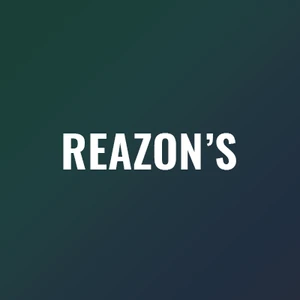To become the world's best 'menu': Strategies for conquering the food delivery market, as envisioned by Ninomiya-san, a University of Tokyo graduate and former P&G employee.
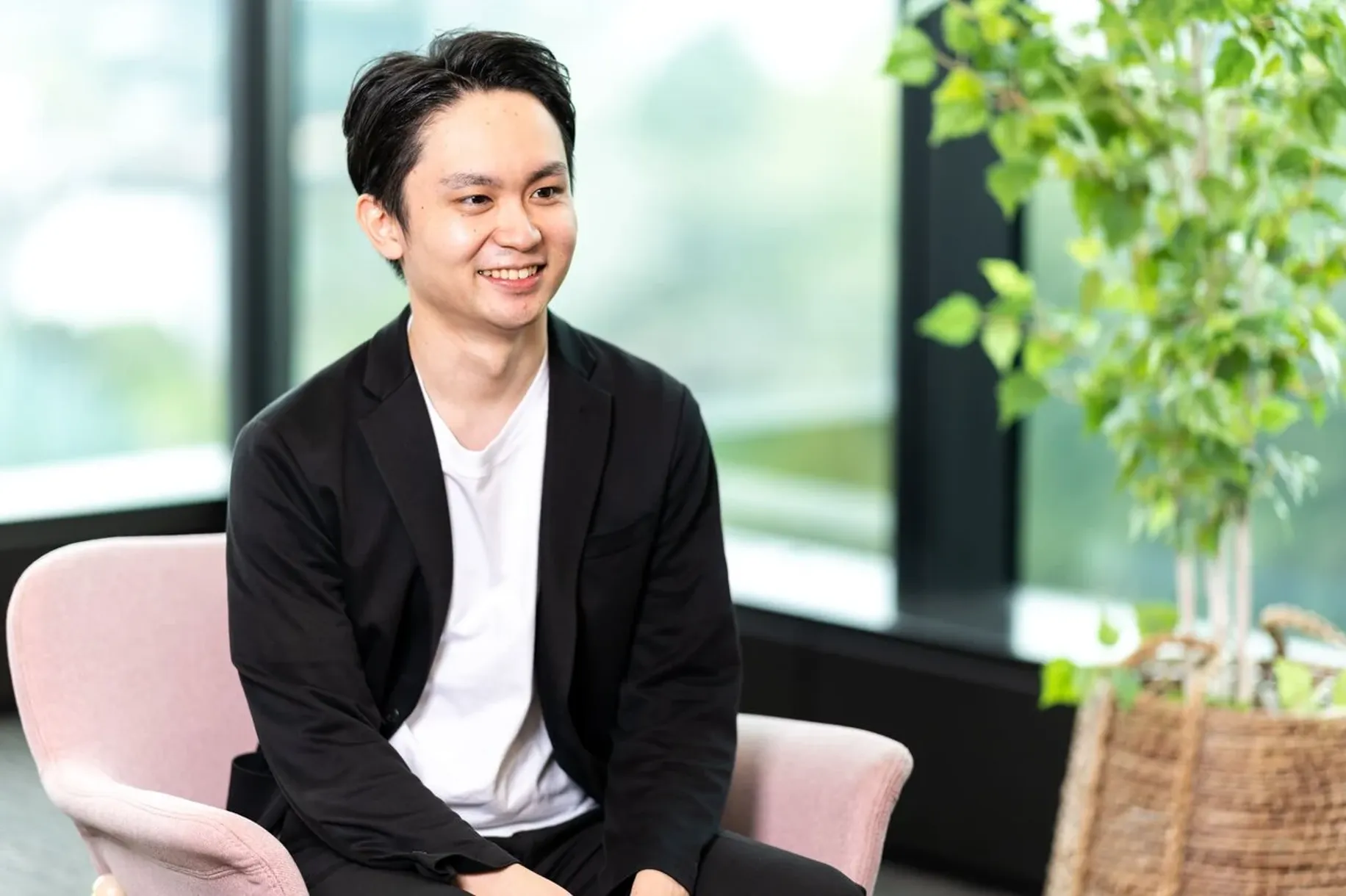
Hello, I'm Akaiwa from the Human Resources Department at Reazon Holdings. This time, we had the opportunity to interview Mr. Ninomiya, who joined Reazon HD after graduating from the University of Tokyo and working at P&G. He shared stories from his childhood and how experiences from that time have influenced his current work, revealing aspects that haven't been heard before. Furthermore, aside from 'menu', Mr. Ninomiya shared his thoughts on the broader perspective of the entire food delivery market. We hope that his insights will be useful for everyone as they engage in business endeavors in the future.
INDEX
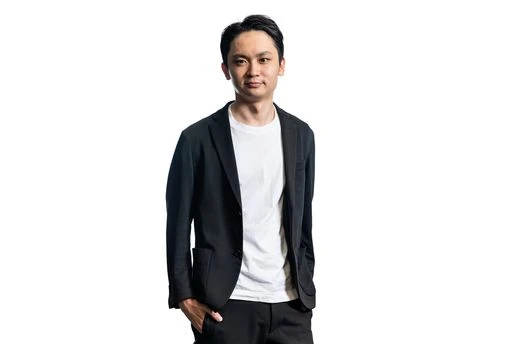
Yutaro Ninomiya Executive Officer at Reazon Holdings, also serving as Director at menu Co., Ltd.
Graduate of the Faculty of Engineering at the University of Tokyo, with a subsequent departure from the university's graduate program. While still a student, he founded a C-to-C matching service as a student entrepreneur. After leaving graduate school, he joined the multinational consumer goods manufacturer P&G and was stationed in Singapore. Over six years, he was involved in branding and in-house media operations. He joined Reazon Holdings in 2019 and currently oversees the marketing department for the entire group.
The Efforts to Propel 'Menu' Forward in the Dynamic Food Delivery Market
.png?width=160&height=160&fit=cover&format=webp&quality=90)
Let's begin with your current job, Mr. Ninomiya. I believe it involves a wide range of responsibilities. Could you tell us about your role?
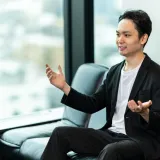
Every day, I am working on various initiatives to make "Menu", our food delivery service, more successful. This includes considering our users, our services, our organization, and working with various teams to improve user experience and scale up our business. In particular, I often engage directly with our users (general consumers who order delivery through our app) and our delivery staff (Menu's delivery staff). I always think about how to make users and delivery staff use "Menu" and satisfy them.
.png?width=160&height=160&fit=cover&format=webp&quality=90)
Could you provide some concrete examples of what you're doing to increase user and driver satisfaction?

Well, the food delivery market is currently very dynamic, with many players investing significant amounts of money. So, we need to understand the current state of this market, what kind of experiences the users are looking for, etc., down to the smallest details. Based on that, we plan our actions with each team, such as what kind of service "Menu" should be, what kind of product it should be, what kind of communication we should have, and how we should operate.
Also, because we have many projects running simultaneously, we have to make sure that everyone is able to work properly in the different areas such as proper manpower placement, budget allocation, problem-solving when issues arise. So, rather than looking at one project, we often have to move the entire work. Also, to realize the business and services we are aiming for, we define the types of people we should hire, the skills these people should have, and design the appropriate environment such as processes and training modules for those people to gather and build their careers.
.png?width=160&height=160&fit=cover&format=webp&quality=90)
In our previous interview with Mr. Niwa, the importance of "people" was also mentioned. Is there anything you are conscious of when creating training modules?

To acquire skills, we deliberately make our training hands-on, based on the "7:2:1 rule". This rule indicates what percentage of our growth comes from where, with 70% from "experience", 20% from "feedback", and 10% from "classroom study". Thus, we believe that skills are acquired through experience, with repeated "classroom study" for theoretical input and "feedback" such as "We expect you to work more like XX because we expect OO".
.png?width=160&height=160&fit=cover&format=webp&quality=90)
Listening to your story, it felt like you were designing training tailored to each individual, is that actually the case?

Yes, although there are common elements, I think there are many parts that are designed for each individual. The situation of the business and the organization is changing drastically and what is required for the organization and the individual changes accordingly. Therefore, we consider what skills they should acquire according to the situation, taking into account their strengths and preferences.
Ninomiya-san chose Tokyo University and P&G because of his intellectual curiosity, but why did he choose Reazon?
.png?width=160&height=160&fit=cover&format=webp&quality=90)
Now, let's talk about you, Mr. Ninomiya. Listening to you, it seems that you spend a lot of time "thinking" at work. Did you always like to think about things? If there was a trigger, I would love to hear about it.

Looking back on my life, I think I was always curious and always concerned about how things work. From a very young age, I was interested in the structure of complex things. I liked my father's video camera and shoes when I was young.
Then, around the third year of junior high school, I became interested in life sciences. I thought I wanted to be a life scientist in the future. The reason was that I found it interesting that the human body is made up of a tremendous number of cells, it was just like my curiosity from my early childhood, I consistently had a strong interest in complex phenomena.
After entering university, I majored in bioengineering, and there was a turning point when I was in my fourth year of university. The Great East Japan Earthquake led to planned power outages, and the operation of research facilities was halted. I couldn't do any research at all, and by a stroke of luck, at the time I was thinking I would like to do something other than research, a business seminar for science students was being held. I had the time, so I participated in the seminar, and for the first time, I had a chance to experience the world of business.
Until then, I had kept my distance from the business world, thinking that it was not as complex as the natural sciences and was somewhat more simple and mundane. However, when I actually got involved in the business world, I found that many people are moving in various ways and the world is incredibly complex and dynamic. I found it interesting.
.png?width=160&height=160&fit=cover&format=webp&quality=90)
You had valuable experiences at P&G. So why did you decide to leave such a wonderful environment and move to Reazon?

I was at P&G for about six years, but the fact that the category I was dealing with was consumer goods, and the fact that it was a market for necessities that would never disappear, made me vaguely start thinking that I wanted to be involved in a more dynamic expanding market like IT. I had originally started a business in IT, and I wanted to try my hand once again in a dynamic and bizarre field.
When I returned to Japan from my assignment in Singapore, I was looking for a job change, but I couldn't find a company that matched the image I had in mind. On one occasion, I had the opportunity to go out for a drink with the CEO of Reazon and a senior from my student days who is also an employee at Reazon. Through our conversation, I learned that at Reazon, they are expanding their business at an unprecedented level in the Japanese market, executing something sizable with a very small team at an overwhelming speed. I distinctly remember thinking it was a fun company. With "The goal of becoming the World's Number One Company," they were sprinting in one straight line, and it seemed simply fun. I felt that the company matched the dynamic world I had imagined, so I decided to join Reazon.
.jpg?width=1832&height=1832&fit=inside&format=webp&quality=90)
Experiencing the Thrill of Launching a Food Delivery Business
.png?width=160&height=160&fit=cover&format=webp&quality=90)
You switched over to Reazon due to your desire to return to the dynamic world, but do you have any episodes where you felt the dynamic nature in your experiences so far?

Launching the food delivery business from literally nothing was probably the most memorable experience I will ever have in my career. New businesses cannot be created with half-hearted efforts. It is only by pushing hardworking, outstanding people to their limits that a new business can finally get off the ground. Having had that experience myself was truly invaluable. There was something exciting about a previously unknown venture entering the fray in a food delivery market teeming with powerful competing companies each worth over a trillion yen.
.png?width=160&height=160&fit=cover&format=webp&quality=90)
Despite the intense competition, "menu" has now risen to third place in Japan. What do you think are the factors contributing to this?

I believe it's really the result of many people's efforts and a combination of various factors, but there are two main ones.
The first is our ability to develop our business. The food delivery business involves many variables and is highly challenging. The ability to launch a business from scratch by combining strong sales skills, product development skills, and operational skills is indeed a strength that we have.
The second is the presence of KDDI Corporation. In the food delivery market, where foreign companies with market capitalizations exceeding one trillion yen are thriving, "menu" had the challenge of not having the scale of the operating company. Meeting a large partner like KDDI Corporation, one of Japan's leading corporations, which sympathizes with our vision, was a very impactful event.
.png?width=160&height=160&fit=cover&format=webp&quality=90)
The food delivery industry is quite booming, but how do you think it will expand in the future?

I think it will diversify.
The concept of delivery has really only emerged in the last few years, and until then, delivery was mainly done by chain stores with home delivery formats. Amid the impact of the COVID-19 pandemic, individual stores also started delivery all at once, and the choices of stores that deliver have increased dramatically, opening up various possibilities. For example, delivery may mainly involve ordering meals from restaurants when you're hungry. But in the future, experiences like using food delivery when you want to eat something for a 3 o'clock dessert, or creating a culture of having your own "slightly good drinking party" by purchasing only alcohol from a nearby supermarket and delivering snacks from several stores for an online drinking party that was popular before, may be born.
Also, delivery of non-food items has started recently, so it is expected to create even more new experiences. The food delivery industry is a new industry that has emerged, and I think we are in a phase where the range of possibilities is expanding rapidly, so I feel that this state will continue for a while.
.png?width=160&height=160&fit=cover&format=webp&quality=90)
The food delivery market, which still has potential, do you have any challenges you are currently facing in fighting in that market?

I think there are mainly three.
1. Curiosity: The ability and attitude to deeply understand various things, such as users, business, market, etc., is important.
2. Ownership: I think people who can take the areas they are involved in as their own and work on things with a sense of ownership will grow. As a venture company, the situation changes dramatically, and the roles expected of each individual are large.
3. Honesty: I think the most important thing is "honesty". The hurdles of things we have to challenge are getting higher every day, so it's a big premise that we can't reach the roles we're expected to fulfill without learning something every day.
Facing your own lack of ability head-on, not being pessimistic about that lack of ability, but properly understanding what is being demanded of you now and challenging and absorbing everything is important, I think.
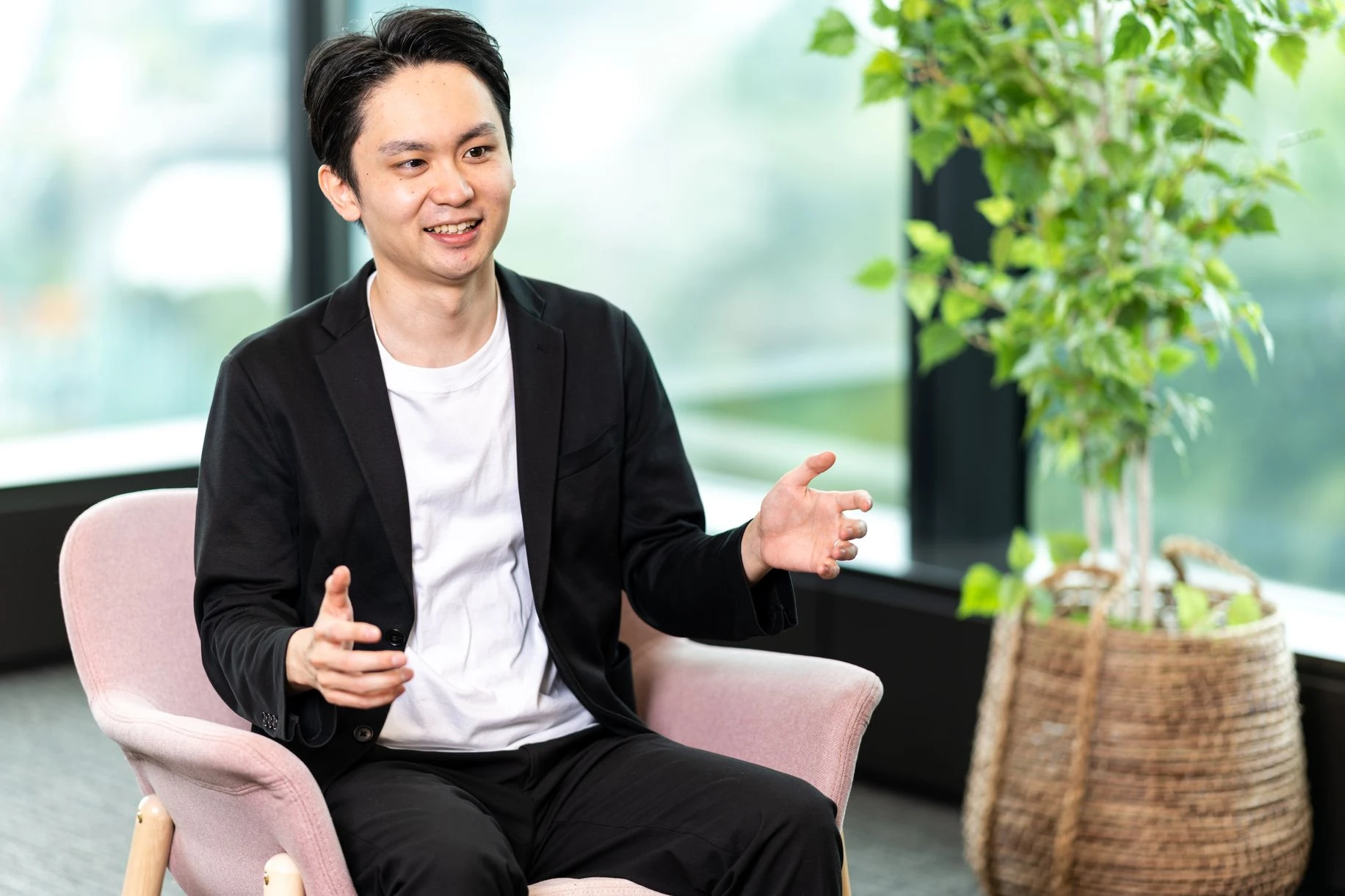
First, aim for "Japan's best service", then "World's best service"
.png?width=160&height=160&fit=cover&format=webp&quality=90)
So having an interest in everything, considering things as your own, and facing yourself squarely leads to growth. Lastly, I would like to ask about what you want to challenge in the future, do you have anything you are aiming for?

Speaking of the near future, first, I want to create "Japan's best service", and eventually, as our vision states, I want to create "the world's best service".
As I mentioned earlier, the food delivery market is changing very large and dynamically, there are many competitors, and each company is trying hard to create a service that matches the Japanese food delivery market. In that, I want to create a service that is closest to the users and satisfies them, and I am serious about achieving it.
.png?width=160&height=160&fit=cover&format=webp&quality=90)
By the way, you mentioned that you want to aim for "the world's best service", but what do you think is at the end of becoming the world's best?

This is just my personal opinion, but I think there is nothing beyond being the world's best because becoming the world's best is the goal itself. If asked, "Why do you aim to be the world's best?" I would answer, "Isn't it the hardest but the most fun to aim for the top?" I find joy in the very act of aiming for the top in the complex and interesting world of business. I think it's something that's derived from the intellectual curiosity I've had since childhood.
.png?width=160&height=160&fit=cover&format=webp&quality=90)
Your past experiences, the work you're currently engaged in, and what you envision for the future, all of these come from the intellectual curiosity you've had since childhood. I was reminded again that intellectual curiosity leads to growth.
Thank you very much for your valuable time today!
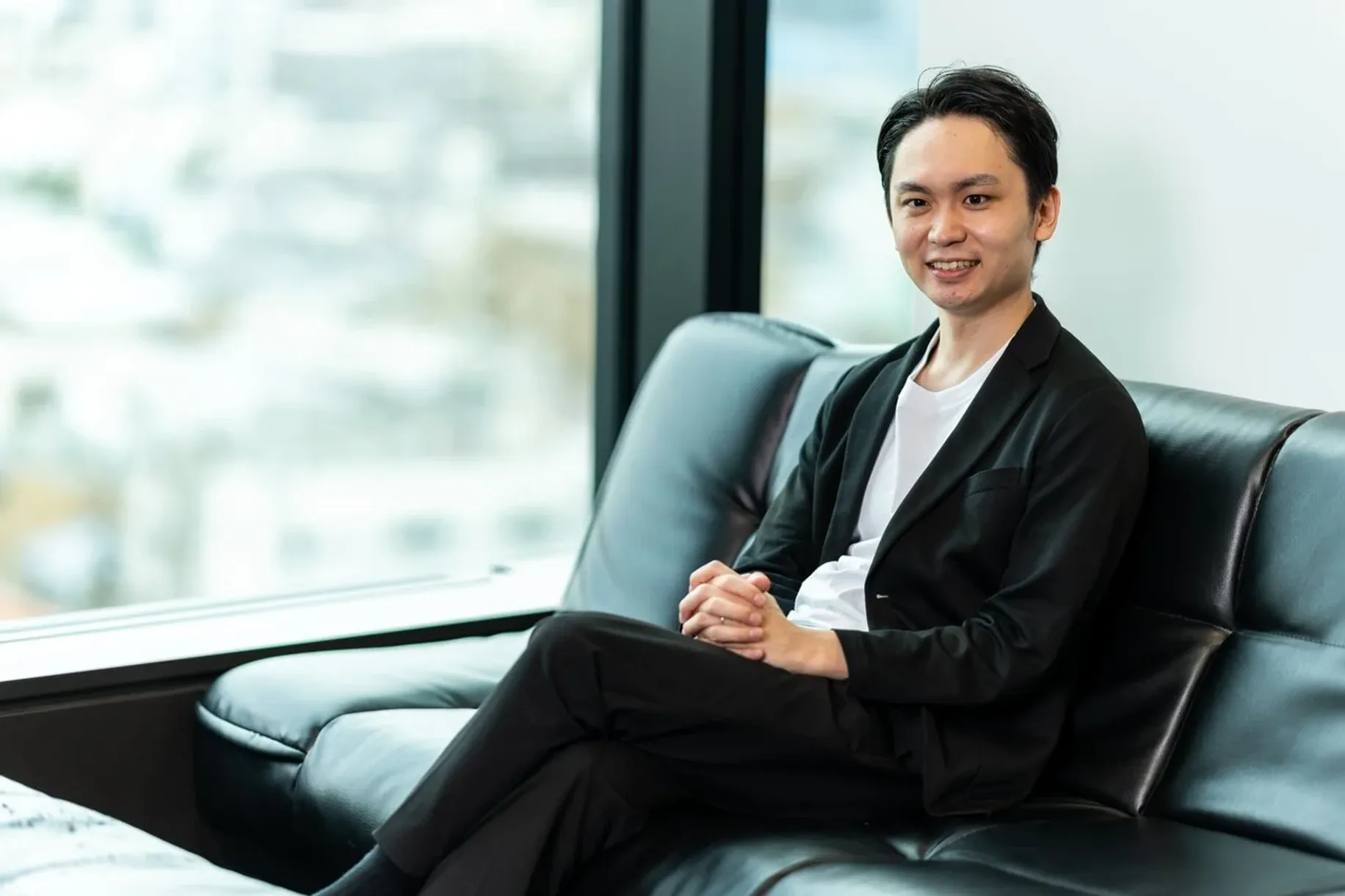
Please feel free to contact us about REAZON’S content, interviews, and press relations.
CONTACTIf you are interested in REAZON HOLDINGS, please check the recruitment site for more information.
RECRUITTransforming food delivery drivers into a respected and acknowledged profession: Insights from a third-year employee from a prestigious overseas university on the empowering culture where young professionals can thrive.

Challenge is the path I live by. Striving each day to aim for the top of the industry.

